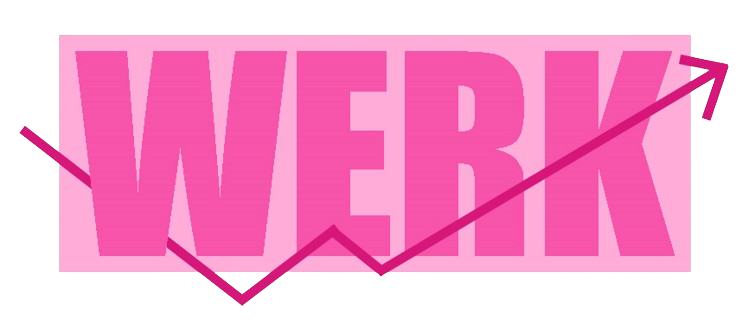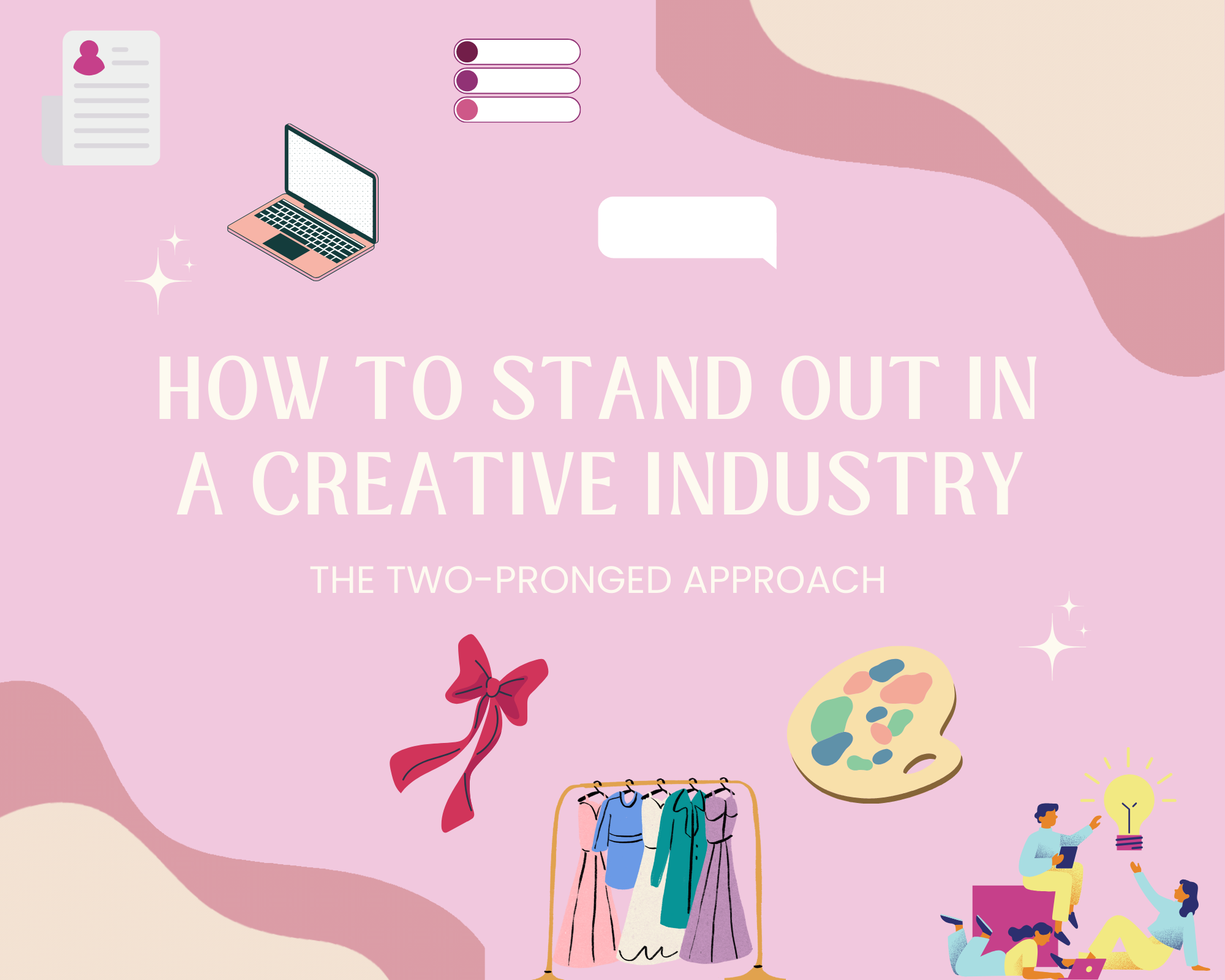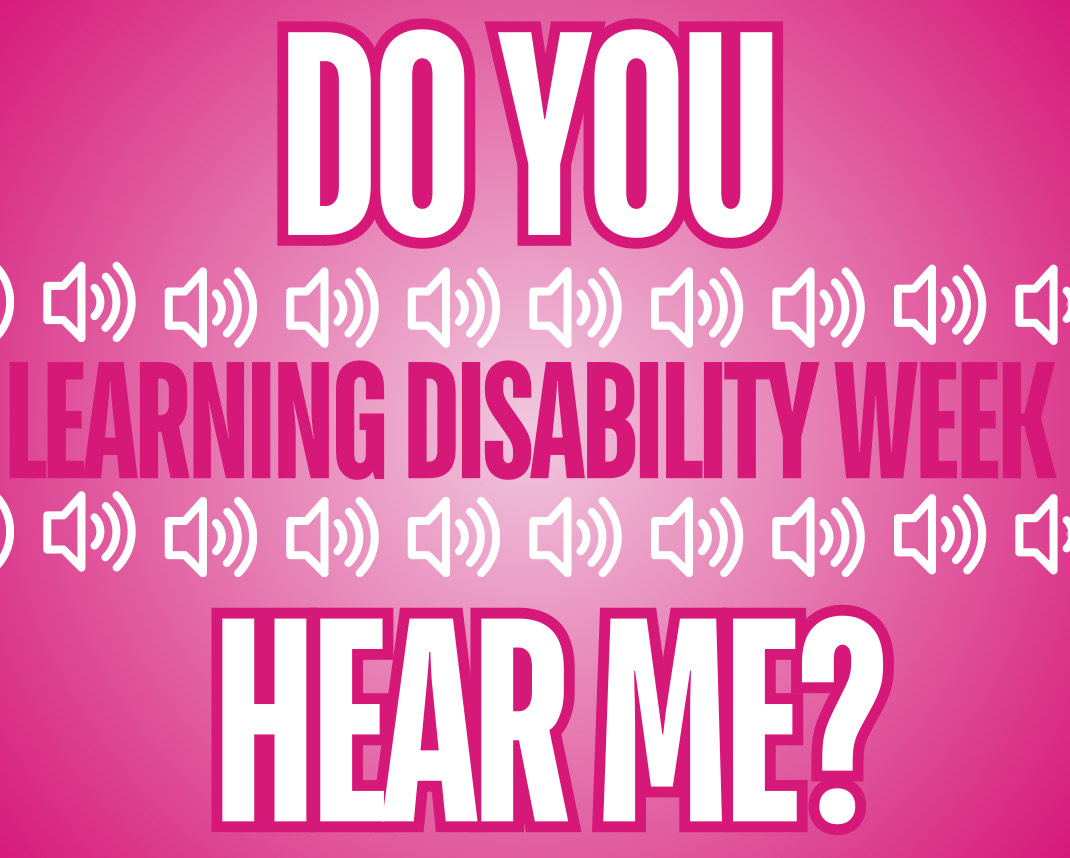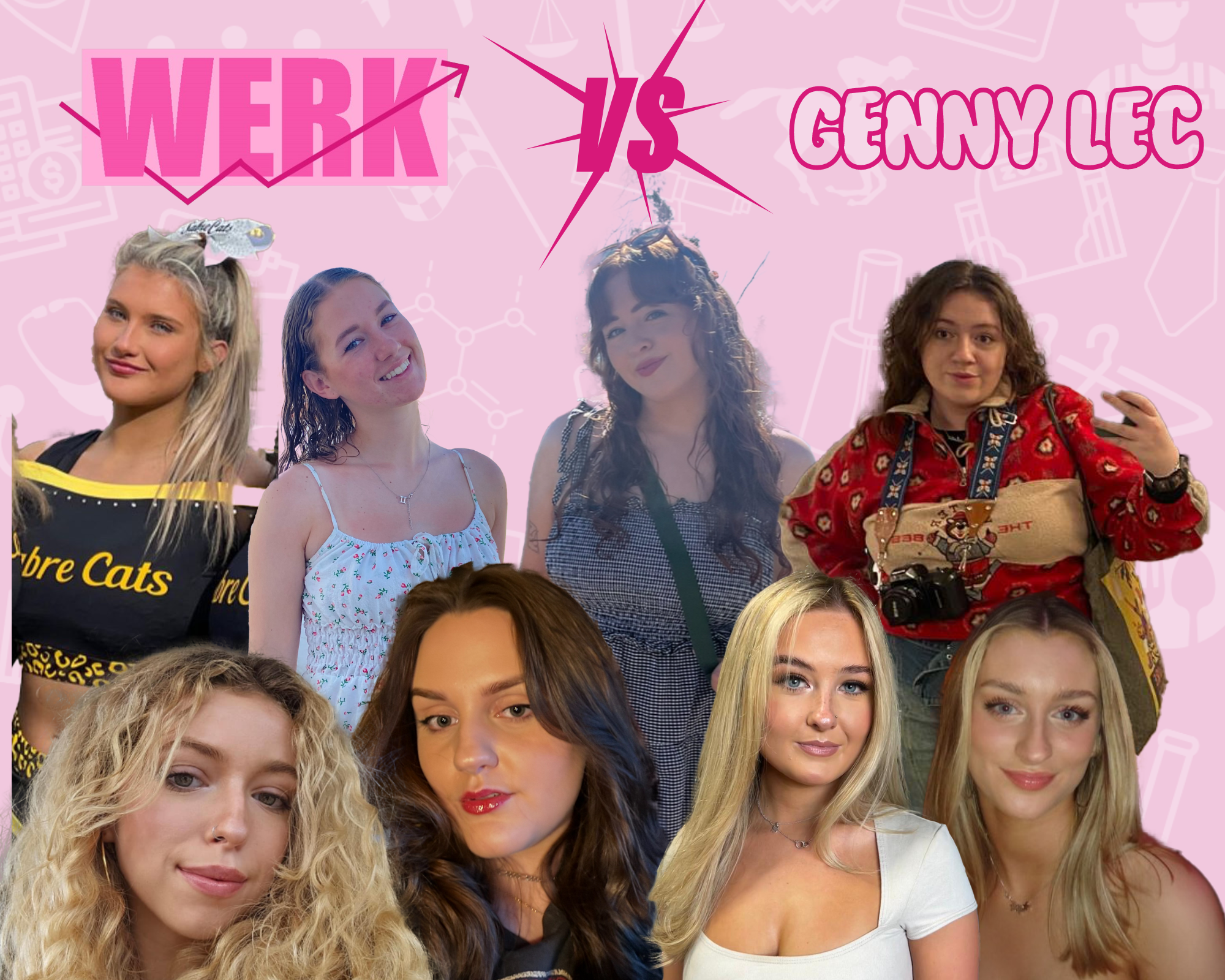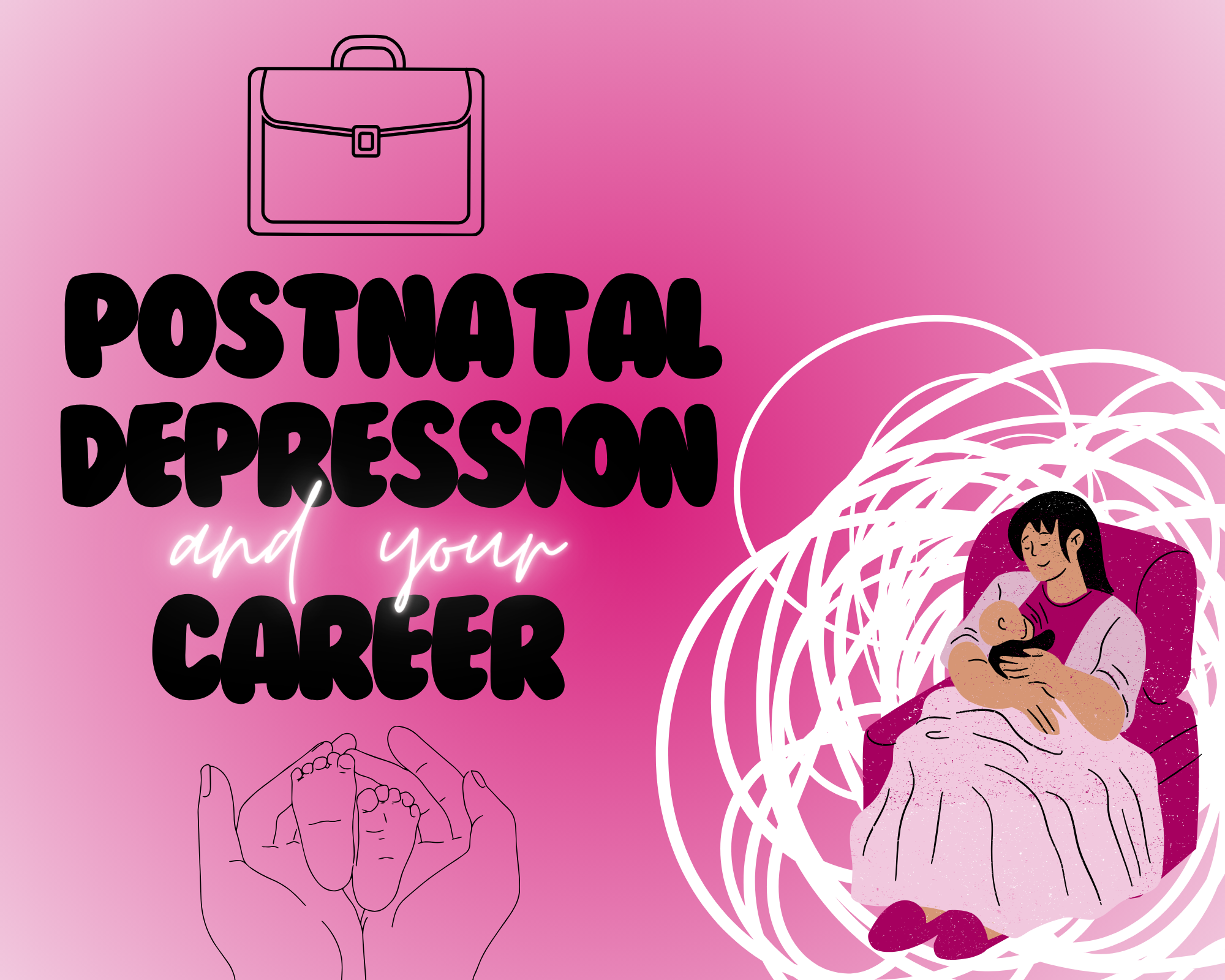For those interested in working in the fashion industry, endless time is spent trying to perfect the creative CV. You’ve probably mastered Canva and Photoshop by now.
What if I told you that all those hours could be a waste.
Richard Lambert is a professional CV writer and careers consultant. He’s worked with creative hopefuls in the fashion industry for 10 years and knows how to secure an interview and it’s probably not what you’re expecting to hear.
“You need to have a resume that is going to be long, wordy and looks boring.
“When I work with creatives, the biggest problem is that they don’t understand that it takes a two-pronged approach to apply. Of course, you need your portfolio but you also need a resume, and a boring one at that.”
A boring CV for a job where your creativity is supposed to flourish. Confusing, right?
Richard explains why:
“If you’re applying to a job and physically handing them your CV, which is very rare, that’s a different story. You can then hand them a one-page, overly designed resume that really showcases what you do.
“For 99% of the other times, creatives a lot of the time don’t realise that a human is not really looking at your resume beyond a 6-30 second glance.
“The resume is going to be fed to a scanning software. That’s why you need the properly designed, wordy CV, so the system approves you and you land on the desk of the HR manager.
“They can then glance at your CV and that’s when you can put your link to your portfolio.
“I worked with an artist and she was upset with what I gave her because she didn’t understand the dual approach.
“And despite how hard it is to get into this field, she got interviews after I changed her resume.”
So, that’s the two-pronged approach. You need your typical, long CV. However, there’s still the portfolio section which is where you get to really showcase your creativity.
Emily Duff is the founder and fashion editor of Darling magazine which focuses on film, fashion, culture and activism.
“For a creative application, add a section that highlights your skills and interests to outline the abilities you have outside of work experience – especially a lot of creative work can come in the form of independent passion projects.
“While having a charismatic personality is helpful in any field, experience is always going to be the most important. If you don’t have anything on your CV yet, then start finding things within the fashion industry you can do in your spare time.
“I’d recommend starting a sketchbook or writing articles as these can be done as and when you fancy but are great examples of your abilities and knowledge. A lot of work in fashion is about building up a portfolio of experience, unfortunately, before you’re able to start making money.”
These fields are extremely competitive, you have to show eagerness and dedication. Finding experience in any form related to your craft is so important. Small jobs are still jobs.
Emily explains the importance of getting your name out there in the fashion industry.
“Make connections with a wide range of people across different areas. It doesn’t matter if you know you want to be a designer or a stylist, you want to make sure you’re surrounded by different types of creatives not only so that you have a higher likelihood of being aware of new opportunities, but also so that you can be inspired in the work you do
“A common mistake is not trying things out. As with any creative career, it’s extremely competitive, so you need to spend time making sure you’ve both found something you love but also that you’ve got some experience that demonstrates your ability to independently get stuck into something.
“Showing you have the drive to take on work outside of your area is an easy way to demonstrate your passion for the industry. Writing articles also allows you to position yourself as knowledgeable on the fashion industry too as research is the core foundation of any publication.”
With many creative industries, fashion included, it can seem like you’re a world away from any opportunity if you live outside of London or Manchester. Fashion jobs are much closer than you think.
“Show up to fashion events in your area – you don’t have to be based in London to begin meeting like minded people. Find events being hosted by your city’s university’s fashion society or graduate fashion shows.
“Similarly, online communities can be found across most social medias – I’d recommend looking on LinkedIn.”
At some point in our career, we’ve probably all experienced the feeling of the seemingly never-ending cycle of employers wanting you to have experience before they hire you, but not being able to get the experience without being hired.
Emily said: “While it’s really difficult and can be frustrating, I’ve found getting a balance between paid freelance work and unpaid passion projects has been the best way to explore new opportunities and build up a CV.
“Reach out to small brands and publications to offer a hand with anything you can. Volunteering is the easiest way to get your foot in the door and explore a wide range of roles that will diversify your skill set.”
Applying for any job can be hard work, creative ones even more so but you have to stay consistent and dedicated. Get as much experience as you can and remember the two-pronged approach.
For more on how to tackle the first step of this approach, check out our guide to writing a stand out CV.
